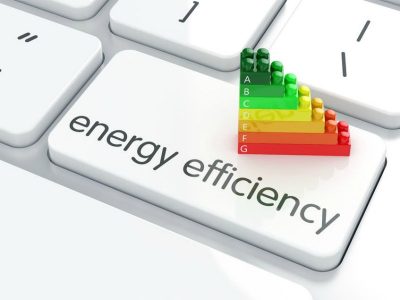DoE announces first-ever grid software competition
November 2, 2018
U.S. Secretary of Energy Rick Perry has announced the launch of the Department of Energy’s (DOE’s) first ever Grid Optimisation (GO) Competition.
The GO Competition, created by the Advanced Research Projects Agency-Energy (ARPA-E), is a series of challenges to develop software management solutions for a reliable, resilient and secure American electricity grid.
It marks the beginning of GO Challenge 1, offering up to $4 million in prizes to develop new algorithms to make routing power across the grid faster and more efficient.
The GO Competition will consist of multiple challenge rounds. The first will focus on the problem of security constrained optimal power flow (SCOPF). Competitors will develop software to route power in a reliable and cost-effective way to customers across a power grid. Competitors will test their algorithms on complex, realistic power system models and participants will be scored on their performance relative to other competitors. Challenge winners will find an efficient, minimum-cost solution to the SCOPF problem.
“A secure, resilient and reliable electrical grid is essential for American families and small businesses, as well as our national security,” said Secretary Perry.
“Through the GO Competition, we are calling on the ingenuity of the U.S. innovation community to help us modernise our grid and address the challenges it is facing today and tomorrow.”
Today’s grid software was designed for a power grid built around large, centralised power plants.
In recent years, the grid has become more diverse, with the rapid development of new energy sources like battery storage, wind and solar power, and distributed energy resources (DER) creating a new set of grid management challenges. Grid operators require new approaches to the underlying modeling, optimisation and control methods that will ultimately increase grid flexibility, reliability and resilience.
The GO Competition was developed by ARPA-E with support from Pacific Northwest National Laboratory (PNNL). A summary of the GO Competition Challenge 1 can be found HERE. Additional information, including competition rules, can be found here.
From Smart Energy


